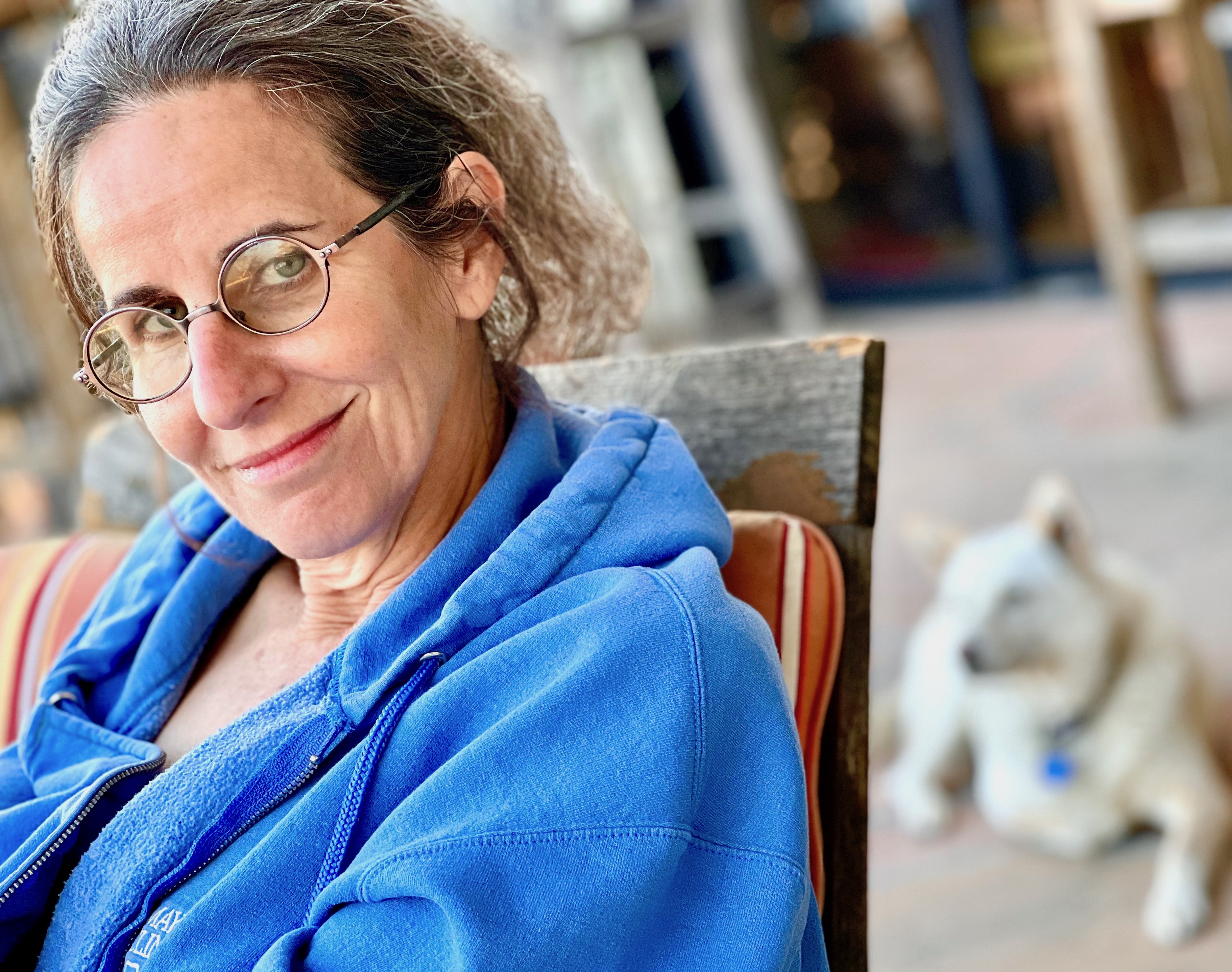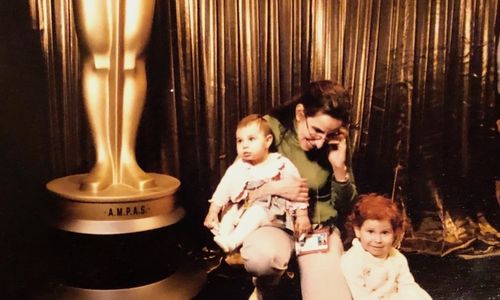Jacksonville, AL – The JSU press department shared through, Brett Buckner, that to the uninitiated, it’s all glitz and glamour – red carpets, ball gowns, flashbulbs, emotional acceptance speeches. But behind the scenes, the annual Academy Awards ceremony is anything but picture perfect.
“It’s organized chaos,” said Mikel Gordon, a JSU emergency management doctoral student. “It’s really an odd world because one side is so focused on the technical aspect – making sure everything gets done – that there’s no time to think about the people who are out there being honored. The entire goal is to pull everything off without anyone noticing what all is going on backstage.”
Before enrolling in the Doctor of Emergency Management program at JSU, Gordon served as associate executive administrator of the Academy – working 25 Oscars. She said there’s striking similarities between crisis management and producing the world’s biggest night in entertainment.
“Live television is all about coming in for a temporary take over, with a huge group of organized people, all of whom are experts at what they do,” Gordon said. “But you layer what you do over an existing system.”

For example, the red carpet event leading into the Oscars starts on the street. So Hollywood Boulevard is shut down three weeks before the event to create an entire production set. The show itself happens in the theater, but it all starts outside. And like emergency management, organizers create a plan of operation, including all conceivable contingencies, and work though issues as they arise.
“Then, on the day of the show – we used to call it the ‘snowball rolling down the hill’ – you just sort of bat things out of the way as they pop up,” she said, laughing. “It goes on air when it goes on, and we hope it all works.”
After last year’s incident between Best Actor winner Will Smith and event host Chris Rock, the Academy recently announced it is bringing in a crisis team for the 95th Academy Awards scheduled for March 12. Gordon missed last year’s show, but supports the idea of a crisis team.
“There have been a great number of ‘crises’ in the past several years – wrong envelope read, the slap,” she said. “It seems like a good idea to have a framework in place to quickly deal with the unexpected.”
Because of the behind-the-scenes nature of her job, Gordon didn’t have any major run-ins with Hollywood A-listers. However, she does remember one Oscars when she had to help famed cellist Yo-Yo Ma sprint back and forth from the stage to where his cello was stored so he could perform. Most of her work, however, took place out of the limelight.
“I actually had both my children while I was working there,” she said, “So, I was in charge of helping anyone who had a baby or needed to pump breast milk.”
Gordon’s last Oscars were in 2011, when she decided to focus on raising a family with her husband, producer Andy Gordon. Having earned a bachelor’s degree in film criticism from the University of California San Diego – which led to her work with the Academy of Motion Picture Arts and Sciences – Gordon decided to return to academics once her children were grown.

She received a master’s degree in humanitarian relief with a focus on transportation from California State University Maritime Academy. While writing her thesis on social vulnerability in Puerto Rico, her professor – Dr. Irmak Renda-Tanali – suggested she apply to the emergency management doctoral program at JSU.
“She said it was a terrific program,” Gordon said, “Unlike a lot of doctoral programs, it’s wonderfully supportive and had a different attitude toward students. It was much more welcoming than some programs that feel like they’re trying to close the doors to the ‘big doctoral club’.”
Gordon began her studies in 2020, at the height of COVID-19. She is able to pursue the doctorate from her home in California, since the program is online.
“Obviously, there was no chance of visiting campus, even if I wanted to,” she said about beginning the program during the pandemic. “But there was still this real attempt to make the students feel like the professors were available and that we all got to know them and feel like a part of campus. It was really quite impressive.”
She is half-way through her course work but hasn’t yet nailed down her dissertation topic. Now a world away from her Oscar days, she appreciates how lucky she is to have been intricately involved with preserving movie history and celebrating its stars.
“I worked 25 Oscars, which is crazy to think about because that’s more years than most of the students at JSU have been alive,” she said. “It was such a great time.”
But now that’s she’s “knee deep” in her doctoral studies, don’t expect her to make any predictions for this year’s awards show – she is more likely be home reading emergency management research papers than attending an Oscars watch party.
“It’s hard to watch them,” she said. “It’s much more fun to work them.”












